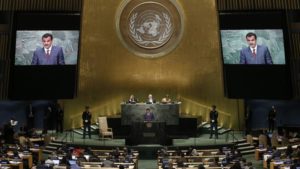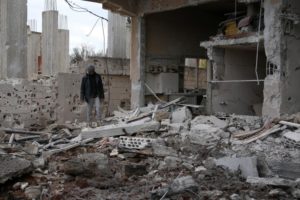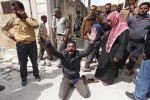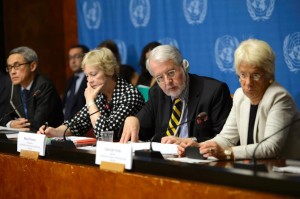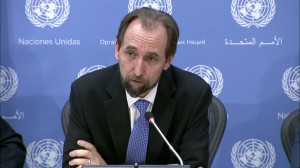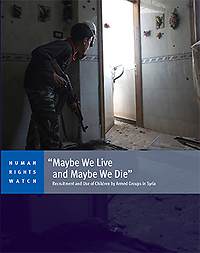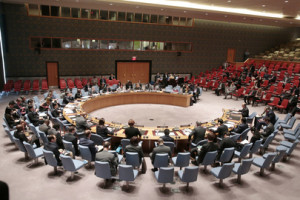By David Tolbert*

A 2013 art project for Bassel Khartabil, one of Syria’s leading pro-free speech and democracy activists, who was recently confirmed as having been secretly executed while in detention in a regime prison in 2015. ©Pete Ippel
Nearly every city and village in Syria has a story to tell about enforced disappearances: civilians being snatched off the streets or from their homes by the police, Syrian military or an armed group, never to be heard from again. The victims are usually tortured, killed or enslaved. Their families are left haunted, not knowing if their loved ones are alive or dead.
Today, we are seeing an alarming rise in the incidence of enforced disappearances around the world, particularly in a number of the “Arab Spring” states, such as Syria, Egypt and Yemen, where reaction has triumphed over hope for a rights-based future.
In Syria, we are witnessing a catastrophe the consequences of which will be felt for generations to come. This includes not only millions fleeing their homes, the shredding of the Geneva Conventions and massive criminality by the Assad regime and others, but also the enforced disappearance of over 65,000 people, including entire families and thousands of children.
In Egypt since early 2015, hundreds of Egyptians have vanished at the hands of the state. Secret prisons in southern Yemen, where officials have forcibly disappeared people and ordered continued arbitrary detention, are called “no-return prisons.” And these are just a few of the many places where enforced disappearances are occurring with terrible human consequences.
Enforced disappearance was a phenomenon many thought was a product of the brutal internal conflicts of the 1980s and early 1990s. Tremendous efforts were taken by countries and the international community to address the crime, on a number of fronts. Continue reading

